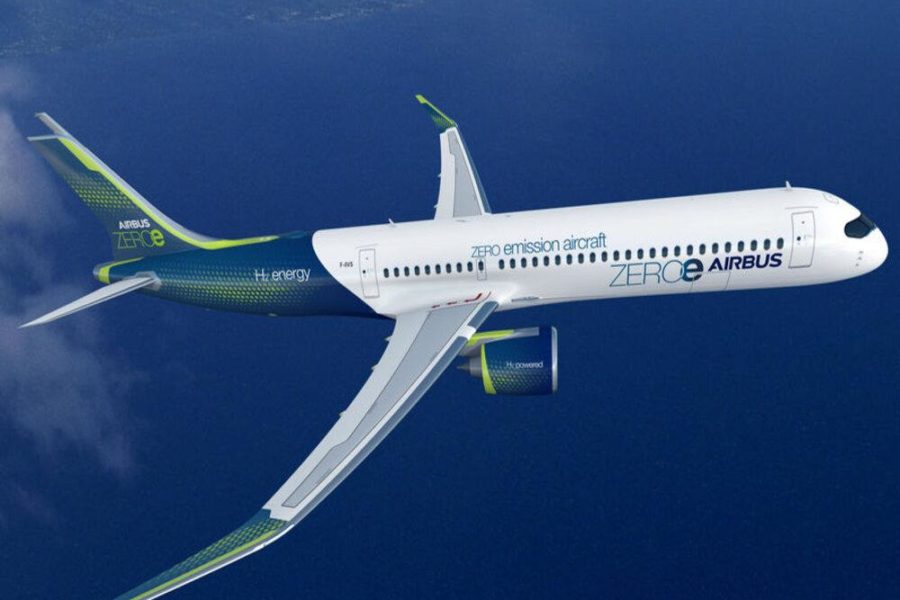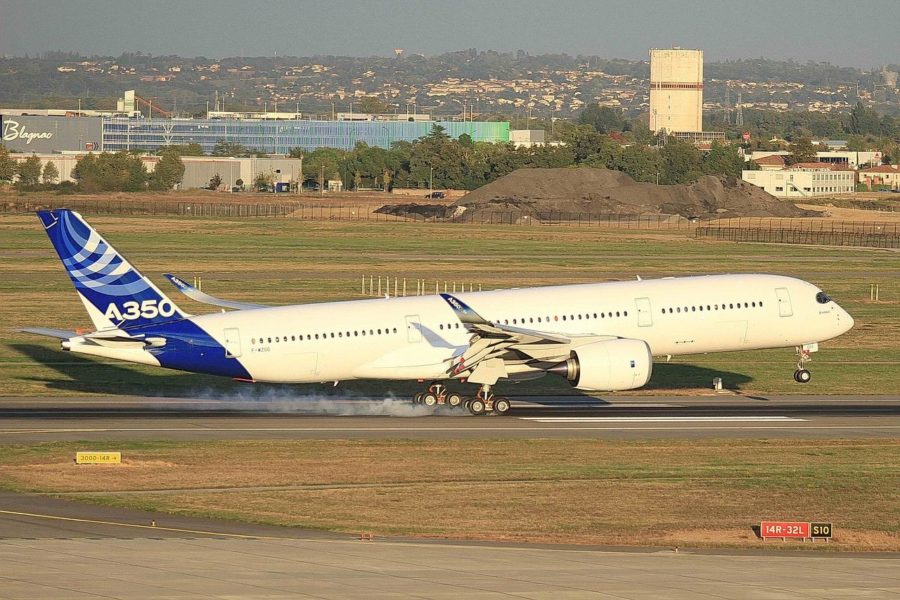Global warming is a worldwide environmental problem that no one can ignore. For this reason, many sectors, such as the automotive industry, are adopting eco-responsible policies. The air transport sector is no exception to this trend. Let's take a closer look at the VOLCAN project, Airbus' kerosene-free flight scheduled for the end of this year.
What are the objectives of the VOLCAN project?
The VOLCAN project announced in June 2021 is a joint initiative by Safran (engine and systems designer) and Airbus. Indeed, both companies are firmly committed to a very important goal: the decarbonizing the airline industry. The kerosene-free A320 flight from Toulouse is a test flight. Its main aim is to assess the compatibility of single-aisle commercial aircraft engines and systems with new alternative fuels. In addition, the VOLCAN (Flight with New Alternative Fuels) project will measure CO2 emissions into the atmosphere.
In the long term, this study will enable 100 % of green fuels to be used for commercial flights. As a result, the airline industry's CO2 output could be reduced by 80 %. The Airbus A320neo flight will be the first of its size to run on 100 % green fuel. The VOLCAN project and the creation of the A320neo bear witness to a growing awareness of the ecological struggle among players in the aeronautical sector.
What are the features of the Airbus A320neo?
The Airbus A320neo is a prototype of innovative aircraft from the A320 range. Their manufacture is the product of new technologies. These had already been used for the first time in the design of the A380. The Airbus A320neo is powered by Pratt & Whitney PW1000G engines. It can also be fitted with CFM LEAP-1A engines.
Compared with the A320, the A320neo consumes around 20 % less fuel. The CO2 emissions of the two Airbus prototypes are almost identical. However, the A320neo emits 50 % less nitrogen oxides. It should also be noted that the A320neo family has 150 seats. The Wingles on these aircraft are of the Wingtip Fence type, as Airbus calls them. It should be noted that the Airbus 320neo made its first commercial flight on January 25, 2016 for the German airline Lufthansa.
VOLCAN project: what do the public and experts think?
The A320neo is already being well received by aviation professionals. For example, Saudi Arabia's Flyadeal chooses it to expand its fleet, to the detriment of Boeing's 737 Max.
On the technical side of the VOLCAN project, the experts are clear. For Safran's Vice President, Research and Technology, it's not a question of implementing "technological breakthroughs". The VOLCAN project assesses the compatibility of new fuels with existing engines and systems, notably those on the A320neo.
The aim is to adhere to a green policy in the aviation sector: to use 100 % of sustainable fuels by 2030. This initiative is in line with the Paris Agreement. It is for this reason that the VOLCAN project enjoys the support of the French Civil Aviation Authority (Direction Générale de l'Aviation Civile).
In view of the climate march in Nantes last May, a kerosene-free flight is a welcome development. VOLCAN-type projects are encouraged by both civil and governmental environmental associations.



